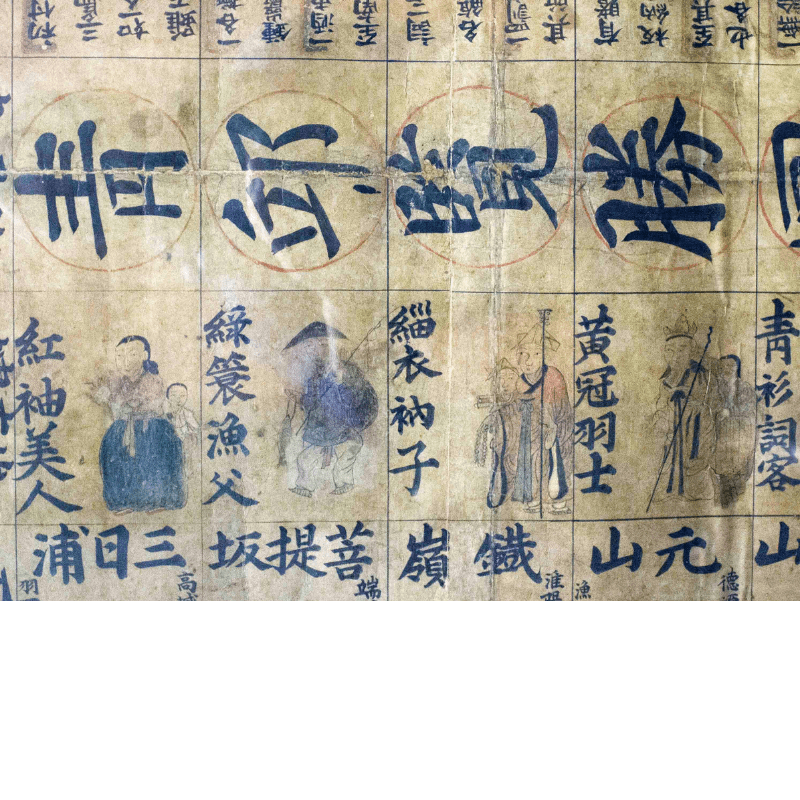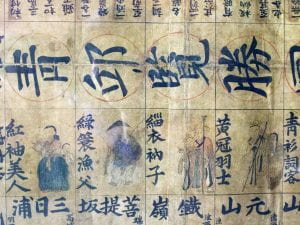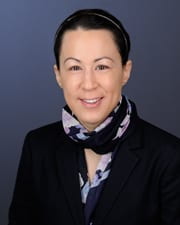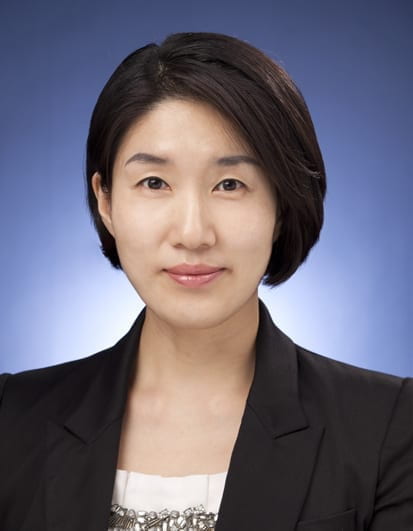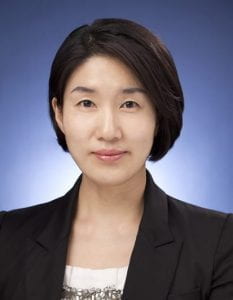Soh Jaipil Lecture Series
How to Claim a Migrant:
Koreans and Transnational History
at the Border of Korea, Russia, and China
Speaker
Alyssa Park
Associate Professor of History
University of Iowa
Moderator
Gregg A. Brazinsky
Deputy Director
George Washington University
Date & Time
Wednesday, February 10, 2021
3:00 p.m. – 4:30 p.m. Eastern Time
Virtual Event via Zoom
This event will not be recorded.
Event Description
In the late nineteenth century, Koreans suddenly began to cross the border to Russia and China by the thousands. Their continuous mobility and settlement in the tripartite borderland made them an enduring topic of dispute between multiple countries (Korea, Russia, China, and Japan), and prompted a host of questions that concerned fundamental questions about states’ governance over people: Which country had the right to exercise authority over mobile people and where? Who possessed the right to control their movements? This talk brings the global phenomena of mobility and bordermaking into the microspace of Korea’s borderlands—specifically, the Maritime, the Russian side of a newly delineated border. Moving away from scholarly debates centering on disputes over territory, this talk focuses on contests over people. It examines why Koreans moved, what officials thought of them, and how they attempted to claim Koreans in their own states. It also illuminates questions that emerge from engaging in transnational history projects in the East Asia and Russia contexts. The talk draws from Alyssa Park’s book, Sovereignty Experiments: Korean Migrants and the Building of Borders in Northeast Asia, 1860-1945.
Speaker
Alyssa Park is Associate Professor of History at the University of Iowa. Her research focuses on migration, borderlands, and transnational history in Korea and northeast Asia, including Russia. Her work has been supported by numerous fellowships, including ACLS/Mellon, Korea Foundation, and the Kennan Institute of the Woodrow Wilson Center. She published the book Sovereignty Experiments: Korean Migrants and the Building of Borders in Northeast Asia, 1860-1945 (Cornell University Press, 2019). Dr. Park received her A.B. from Princeton University and Ph.D. from Columbia University.
Moderator
Gregg A. Brazinsky is Professor of History and International Affairs and Deputy Director of GW Institute for Korean Studies. His research seeks to understand the diverse and multi-faceted interactions among East Asian states and between Asia and the United States. He is the author of Nation Building in South Korea: Koreans, Americans, and the Making of a Democracy (University of North Carolina Press, 2007) and Winning the Third World: Sino-American Rivalry during the Cold War (University of North Carolina Press, 2017). He served as Interim Director of the GW Institute for Korean Studies during the Spring 2017 semester.

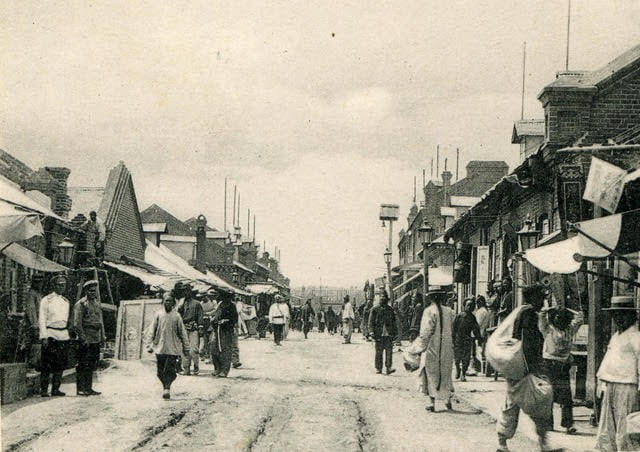



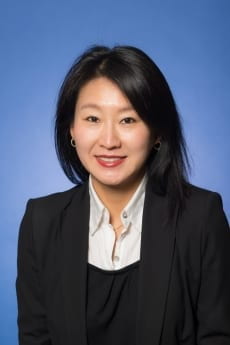




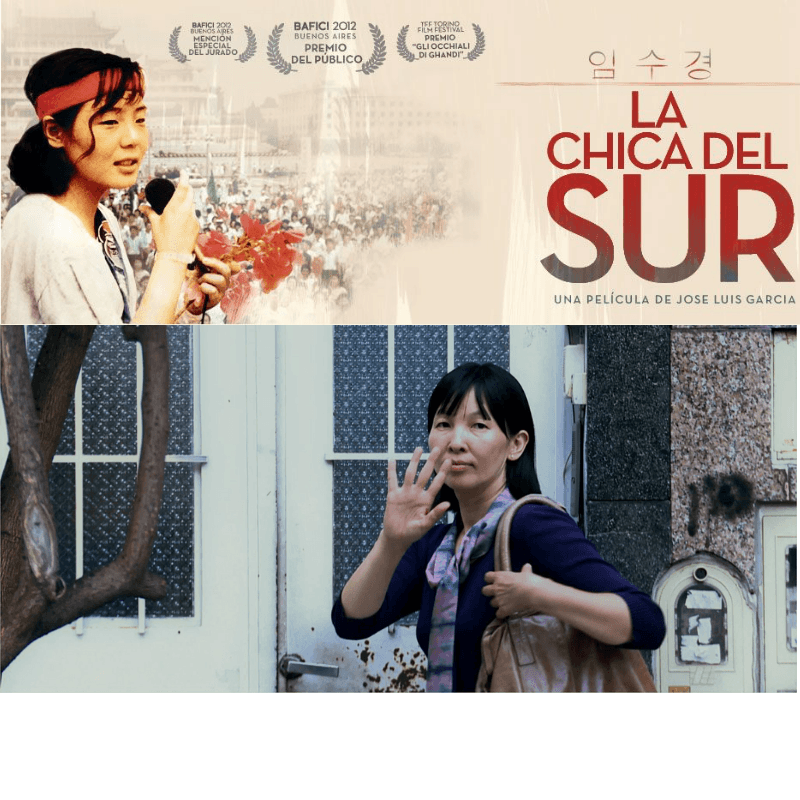




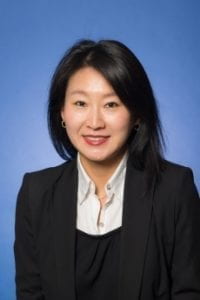 Moderator: Jisoo M. Kim, GW Institute for Korean Studies
Moderator: Jisoo M. Kim, GW Institute for Korean Studies